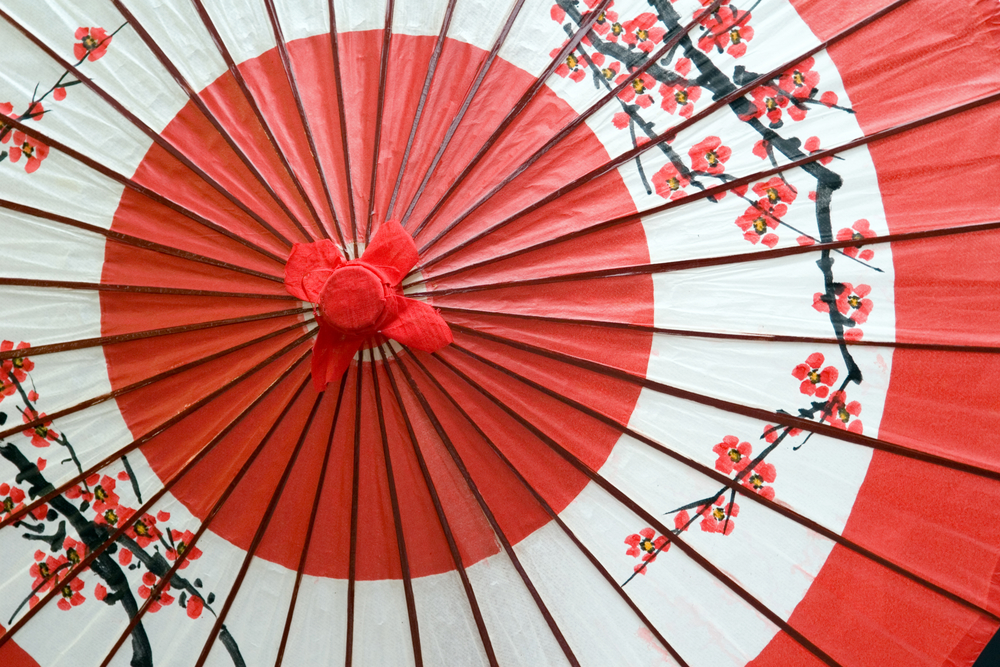Why Learn Japanese?
Alongside the Chinese language, the Japanese language remains one of the most enduring written languages in existence. Japanese is the national language of Japan and the primary vehicle of communication within the country. Inclusive of its native speakers, nearly 125-million speakers speak Japanese for various purposes that range from business to entertainment.
A sophisticated language refined over millennia
The Japanese language is famous for being one of the most difficult and tricky East Asian languages to learn due to the fact that it has not one, but three separate alphabets and a highly complex grammar structure. Above all, the Japanese regard respectability and senior-junior levels of politeness highly and have incorporated these intricacies into the language and grammar structure.
Knowing all these, there is no disagreement that the Japanese language has come a long way since the pre-agricultural Jõmon period. Due to a severe lack of substantial textual records throughout the Jõmon, then Yayoi and finally the Nara periods where the hunter-gatherer culture was largely prevalent with little to no literary progress, speculation about the Japanese language’s pre-history is more fictional than factual.
Peace, tranquility and the ascent of the Japanese language
With the eventual decline of the Nara period, came the illustrious Heian period. The Japanese nouns ‘Hei’ (平) and ‘An’ (安), when put together, mean ‘peace and tranquility’. Appropriately named and styled after the newly-titled capital city of Japan, Heian-kyõ, it marked the final wave of classical Japanese history, religion and literature as well as the peak of the Imperial House of ancient Japan.
All along, ancient Japan had kept its doors firmly shut to the rest of the world and rejected all outside influence. That changed during the Heian period. The Japanese imperial court had sent its ambassadors out to ancient China (Tang – 618-907 AD) and through them, learnt the various aspects of ancient Chinese culture.
Throughout the Heian period, the Japanese imperial family and ranks of aristocracy and nobility took inspiration from the Chinese writing system and alphabet. The Japanese Kanji (漢字) characters and the basic grammar system were thus born. Due to the generally male-dominant and patriarchal Japanese society, only male members of the royal family, noblemen and male officials were permitted to use the Japanese Kanji. While the Heian period was considered the pinnacle of Japanese cultural and literary refinement, women still held lower status than men at that time and were not allowed to learn or use the Japanese Kanji.
A separate language for the women of Japanese society?
However, the later Heian period also advocated the education and refinement of women. Now, how to go about that while making sure that the class boundaries between men and women remain status quo? To resolve this dilemma, the Japanese scholars invented the Japanese Hiragana, an exhaustive alphabet created specifically for usage by the high-ranking ladies of the imperial court. Of course, men could use the Japanese Hiragana as well for supposedly lesser purposes such as the worship of deities and other cultural festivities.
Japanese and the modern, western world.
Now, if the Japanese can invent a completely new alphabet to accommodate females, they could easily come up with a separate alphabet to contain and describe all things that are foreign and non-native. That alphabet is called ‘Katakana’ and it mostly uses onomatopoeia to represent the pronunciation of English words and various English technical and scientific terms. As a matter of fact, Katakana is basically a transliteration of English words and pronunciation!
In summary, since its humble, fairly obscure birth, various improvisations have been made to the Japanese language over the hundreds of years, all of which have each achieved its main purpose: convenience and ease of learning. The ingenious creation of kana (仮名), syllabic Japanese scripts based on the pre-existing Traditional Chinese character chart as well as writing system, allowed the subsequent creation of the Japanese Kanji, Hiragana and Katakana. In this manner, it is not entirely inappropriate to say that the ancient Chinese language gave birth indirectly to the Japanese language!


